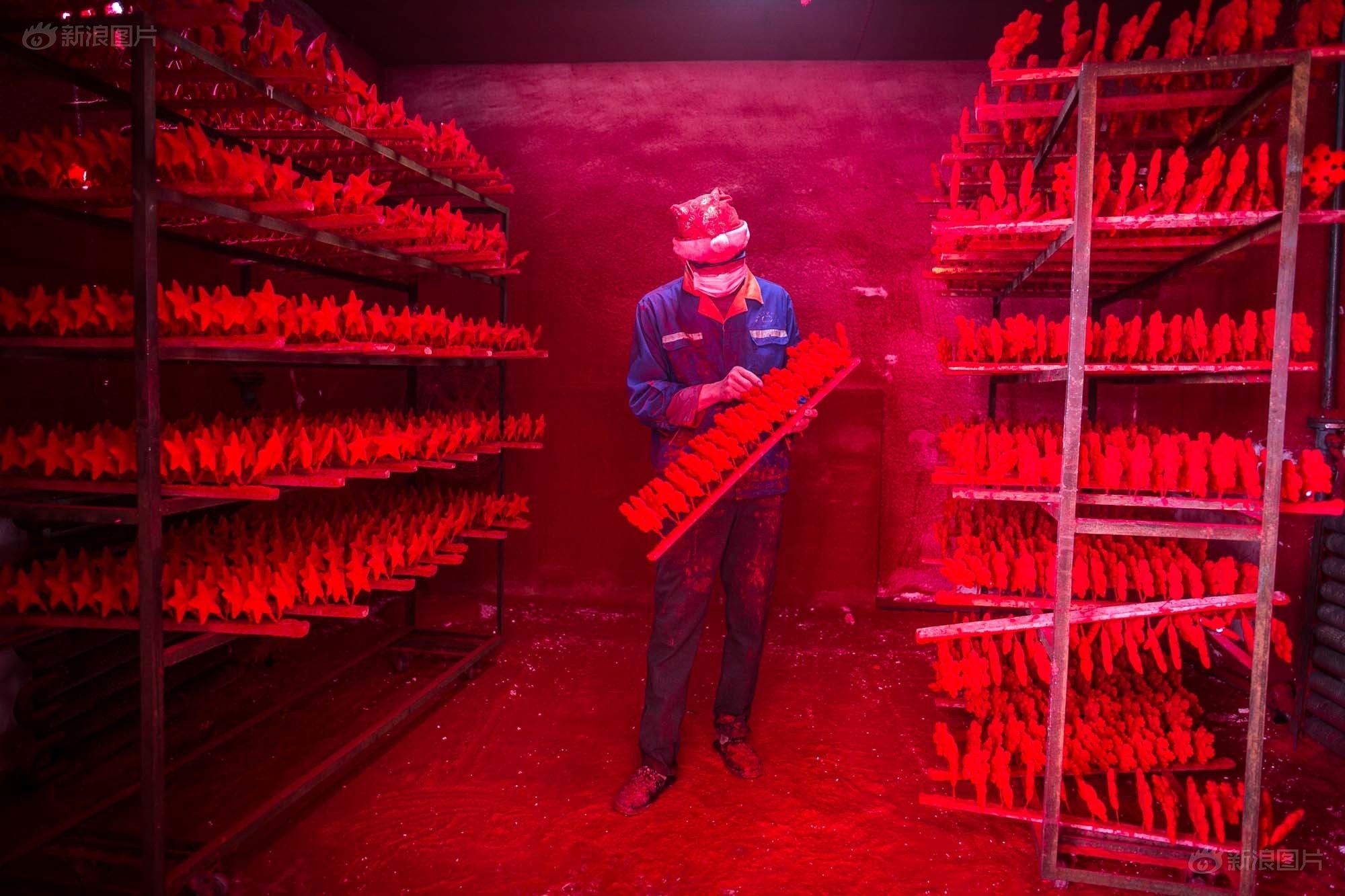Internationally acclaimed chef David Laris began his culinary career in at classical French restaurant in Sydney. In 1993 he travelled to Macau aged just 23 to open the first contemporary restaurant in the Mandarin Oriental. After posts in Hong Kong, Hanoi and a stint working for Sir Terence Conran in London, in 2003 he was recruited to develop New Heights and open eponymous restaurant Laris in Three on the Bund. Following a slew of other developments in Shanghai and Beijing, 2013 saw the abrupt termination of his Mainland restaurants, moving again to Hong Kong in a move that shocked the F&B community. But now he’s back in town for his Shanghai second act…
So, what have you been up to since your return to Shanghai?
The Cachet Hotel Group (CHG) and our partners have acquired the Cachet Boutique Hotel at 931 Nanjing Xi Lu and are working on restoring it to its former glory. We are currently working on a new restaurant concept for the second floor. It’s early days though and we’re still exploring the best option for the space.
I also developed the graphic package of the recently opened Beergrdn at the URBN hotel, am leading the interior design for CHG worldwide and plan to bring external F&B concepts into our hotels. Then in the future I’ll do another David Laris Hands in the Kitchen project.
Sounds like you’ve got your work cut out! So what’s going to be on this floor then?
There will be a lobby cocktail lounge that will hopefully become a destination cocktail bar in the future, and a private event space where we’ll be hosting dinners for around 80 people. I might even cook some of my signature dishes again for VIPs…
So what exactly is your role within the group then?
I’m the Chief Creative Officer, so I lead the design aspects of the whole hotel. We’re about to establish our own internal design firm.
I was very visible and that always attracts haters. I think there were also times I was an arrogant sh*t, though.
Will that include culinary design mainly?
Nope, it’ll be interior design – I actually have a broader skill set than I think people may realize. I’ll also be leading the food and beverage element of the company, which will be my key role.
So you’re not cooking much these days?
I’ve been in the kitchen at my restaurant in Hong Kong, The Bellbrook. But I took a break from cooking for about one year. I got a little bit disillusioned with the restaurant industry in Shanghai…
Why?
I just needed a break from it. I did an awful lot during the first eight years of my time here, and I came when there was no industry here. I built Laris [at Three on the Bund, in the space currently home to Mercato], which was an enormous success. I then went on to form my management consultation company, and have consulted on over 50 restaurants.
The immaturity of the market burnt me out. It was hard to make a profit because the rent, spend and payroll ratios were all out of whack. You’d work your ass off, have a full restaurant and then see a very small margin of profit at the end of the day. I felt overexposed as well… in the media way too much.
Oh really?
Yes. It was a case of tall poppy syndrome… I wanted to step back from it all. The problem with being a pioneer is that you pave the way, but you don’t always yield the rewards for the effort… first time round.
I can’t say it wasn’t rewarding though. Way back when we opened Laris, there was no way anyone else was putting USD4.5 million USD into a freestanding F&B project in Shanghai. We had the best team in Shanghai at the time. Everyone who came to Shanghai would stop by, and it paved the way for the scene here. A lot of folks who were trainees with me back then have gone on to many of the top jobs in Shanghai now.
What do you think of the current state of the Shanghai F&B scene?
The market is more open to new ideas. There are more locals who are willing to try new things, and a burgeoning middle class - that is great for the F&B industry here.
In terms of chefs, there are people at a certain level like Paul Pairet and a couple others - and I like to think that I myself was at that level too - but then you have the other guys in the middle of the road who just don’t have the chops, but they get put on the same playing field as the top players.
That shouldn’t be what we build an industry on, instead we should build on excellence. Honestly though, right now the Shanghai dining scene doesn’t blow me away compared to New York and Hong Kong.
It sounds like you had a lot of success, but a lot of side projects as well. Has having so much going on simultaneously contributed to your “burning out” and somewhat abrupt departure from Shanghai?
I’ve been very silent about the things that went down, but it wasn’t because I was over-extended. There were other problems that made me want to rethink things, and it was my decision to rethink things.
I don’t want to say anything negative about anybody, but there were promises that weren’t lived up to. I wasn’t a majority shareholder, which means you can’t dictate. The people who are the majority shareholders needed to step up and take responsibility for certain things.
My biggest failing was that my ambition outweighed those who were financially backing me. I should have been clearer.
So essentially it was your name on the door but without the majority power.
Essentially, yes. I was in too deep here, with the same people, the same thing. It’s the industry we work in; there’s a lot of love and a lot of hate.
Would you say you get more love or hate?
I think it’s been fairly balanced over the years. Probably more towards love, but I’ve received my fair share of hate.
Why do you think people might have cause to hate you?
Well, I think I had a lot of success. I was very visible and that always attracts haters, which is part of the territory when you’re well known. I think there were also times I was an arrogant shit though.
Why were you an arrogant shit?
Well I was a chef! And I’m outspoken, I know my own mind and I’m not always good at politics. I say what I think and I take it on my shoulders. Then of course there’s business, and you can’t expect to be loved with every decision you make, especially when you’re successful.
The first time you realize you’re in the public eye and being hated on, it really hurts though. I’ve tried to internalize my thoughts and live my life with perspective now.
What was the biggest bad decision you made?
Underfunded partnerships that didn’t appreciate the full potential and perspective of what I wanted to do. My biggest failing was that my ambition outweighed those who were financially backing me. I should have been clearer.
Lessons learned?
Life is about what you do next. A good friend of mine, Lyndon Neri (of design firm Neri & Hu) said to me: “No matter what, David, just keep creating.” So with that in mind, I’ll let time judge me and just keep going forward. There’s a lot more to come from me in 2015. I am definitely back.
// Cachet Boutique, 931 Nanjing Xi Lu, by Taixing Lu 南京西路931号, 近泰兴路. Nearest Metro: Nanjing Xi Lu, 5 mins. Local and international cards accepted. (www.cachethotelgroup.com)






















0 User Comments